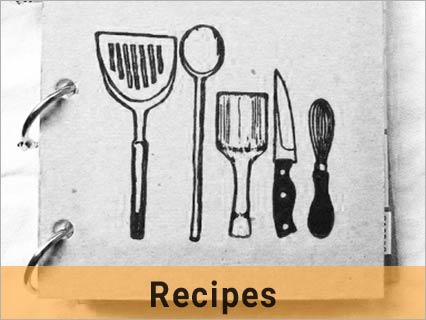Insurance renewal – don’t just pay… Haggle!
26 Mar 2020
Dear LPG,
I want to talk about insurance. We all know there are lots of types and the cost can be quite frightening.
There are the insurances that, in my humble opinion, many of us really don’t need but get talked into buying. I feel that what I call ‘white goods’ insurance, and the policies that the gas and water companies often talk us into come into this category. I believe that it is better to put your premiums into a savings account. I challenge readers to add up just how much money you have paid for gas and water insurance over the last year and then check how many times you have claimed, or work out how much your fridge, cooker, TV or washing machine insurance has cost. After a couple of years of putting the premium money into a separate account and paying for repairs or getting a new appliance yourself, you would most probably be better off.
Then we come to the insurance that we really need to have and the two at the top of that list are home buildings and contents insurance, and car insurance if you are still lucky enough to be able to drive.
I would call myself a relatively young pensioner at the age of 72, but I visited an older friend recently who does still drive. We had planned coffee and a chat but she was really distressed because her latest renewal letter had arrived for car insurance and the annual premium had gone up by £150.00 since the previous year.
We got the computer out and ‘compared the market a bit’ which was quite a long-winded process even though many of the questions could be answered with the help of the details on the renewal proposal letter that had been received.
We got half way through it but did not really understand the ‘no claims bonus’ question. So to be sure we called the insurers that had sent the renewal letter to ask the answer. And during that call we both learned a really important thing… You can play them at their own game.
We called and asked them to explain no claims and they asked why we wanted to know. We told them that we had seen a better priced insurance deal but wanted to be sure that we had got our ‘no claims’ information right.
The advisor we talked to then asked the two $6,000,000 questions (the ones that anyone trying this should never answer using figures) …
…How much the other insurance company were offering insurance for, and the name of the company we had approached.
We just told the advisor we were talking to that we would not be willing to give that information. Suffice to say that it was a lot less than what they were asking. He then went on to explain why the company that he represented was superior to the others, but we answered by emphasising just how important the price was to us.
This was when he said that if we stuck with his company he might be able to lower the price a little and he asked a few questions about how my friend’s driving habits may have changed over the year. The amount of miles travelled in the past year and if she was a home owner were the two I remember. In each case we asked why he needed that information and he waffled something about how the answer might affect the premium but, though I cannot guarantee that it will work perfectly for everyone who tries this approach, the outcome for us was that my friend ended up paying just £10.00 more than the year before.
When you call your insurance company, utility company, telephone company or any other commercial concern and listen to the ‘press button ‘options, there is nearly always one to choose if you are thinking of leaving that company. This is because they are in the business of keeping as many clients as they can. All business is a ‘numbers’ game and if they lose your custom, they lose you twice over. You leave them one customer short and you also make one of their direct competitors one customer better off, so they really want to keep you.
So the moral of my story is haggle, without insisting that you want to leave (there is value in sounding a little lost and letting them know that you are not sure what to do for the best), and don’t mention that the premium is too much, just say you may have found a better deal.
At least that is what I learned from this experience…
NS, Deptford







